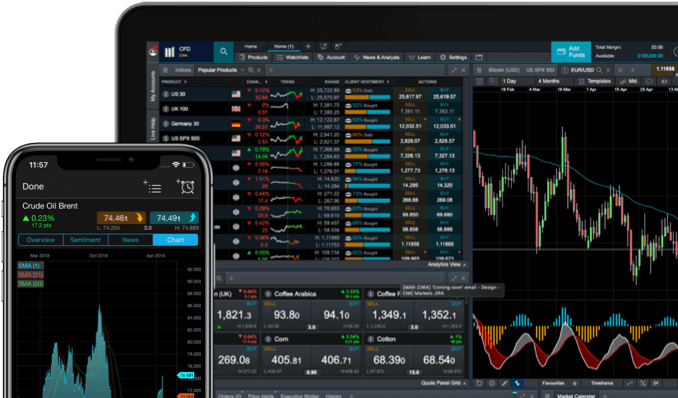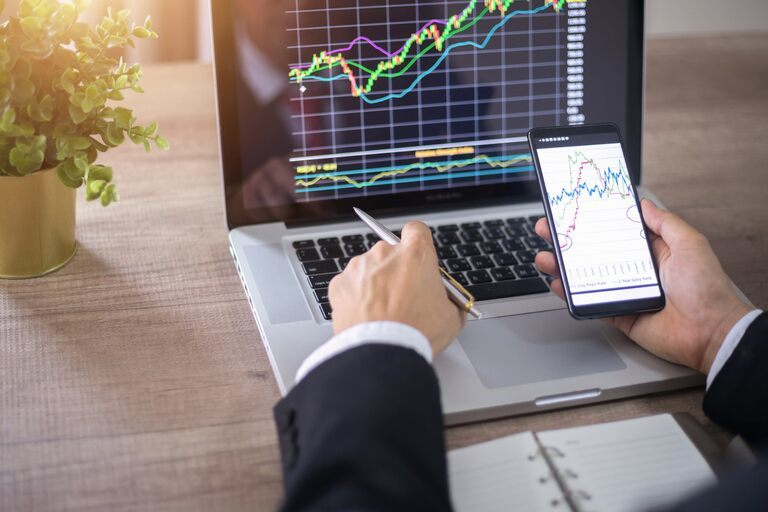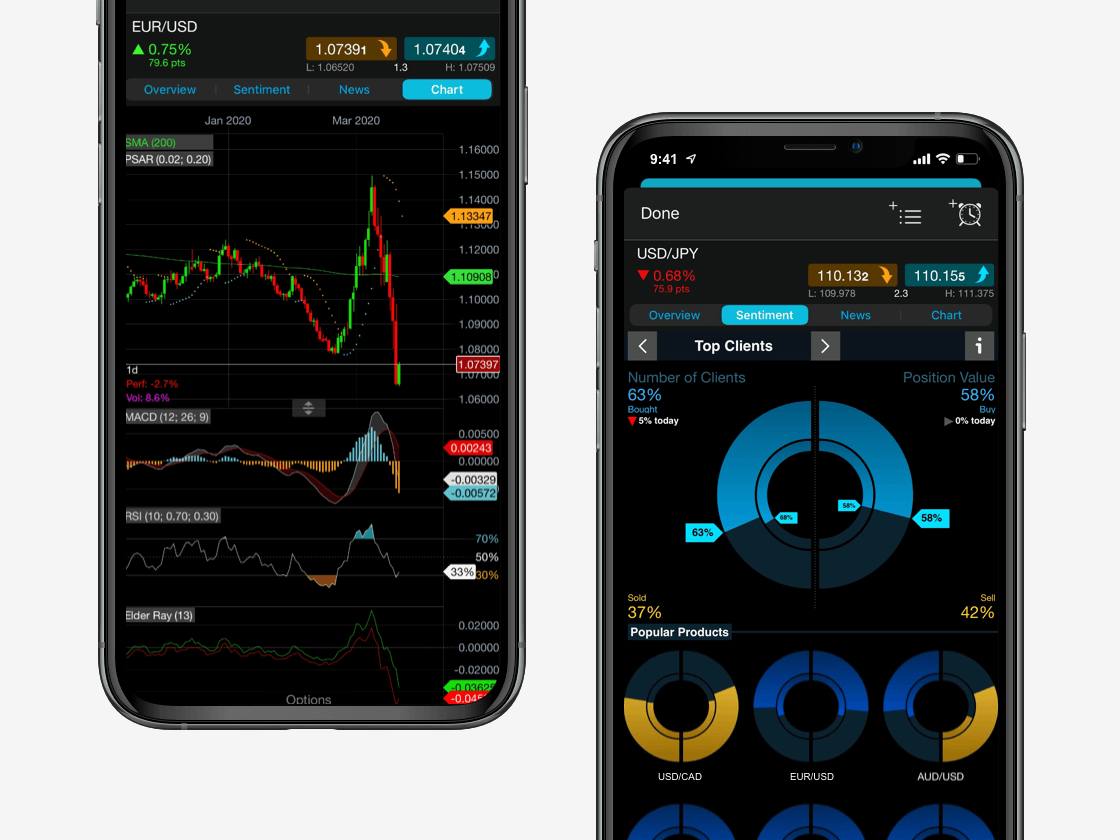What is copy trading?
Copy trading is a form of portfolio management. The goal is to find other investors that have a track record you would like to emulate. The process of copy trading allows traders to monitor strategies of other successful traders. Like any trading system a trader decides to employ, traders are best served by following the investor before they decide to risk real capital.
Copy trading can be useful for traders who don’t have the time to follow the markets themselves. Generally, copy trading is focused on short-term trading, in particular day trading and swing trading strategies, but there are several different strategies that are used to generate revenue. Copy trading tends to focus on assets within the forex market, as well as other complex or volatile markets. While copy trading can be lucrative, there are also risks involved, and traders should remember that past results are not a guarantee of future returns.


















